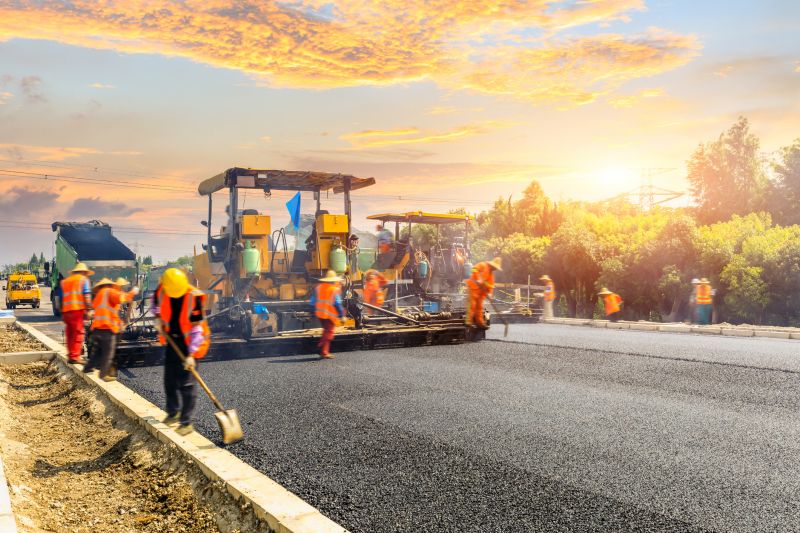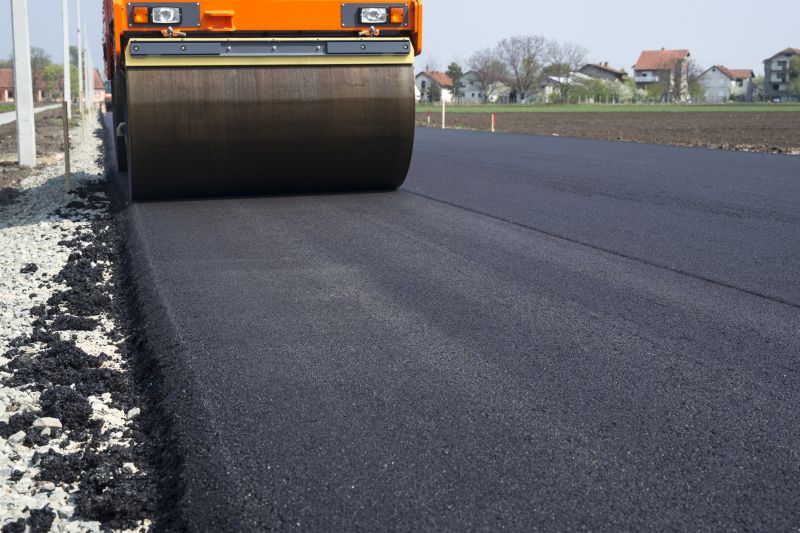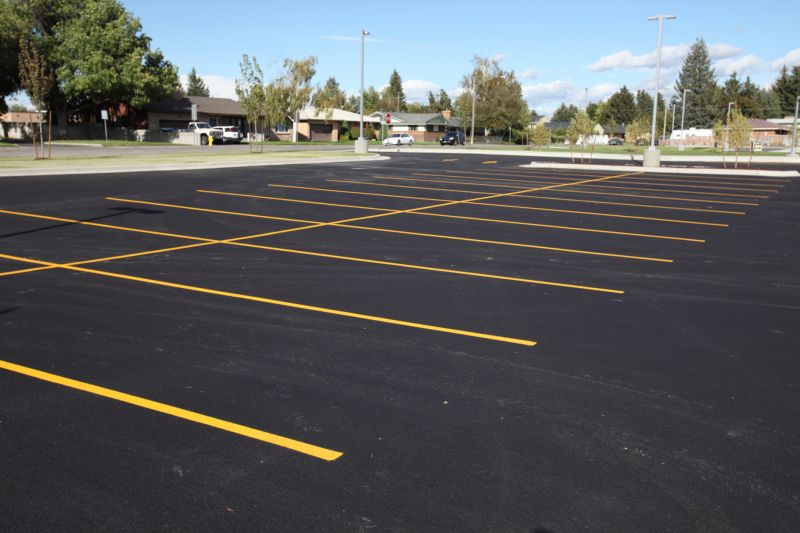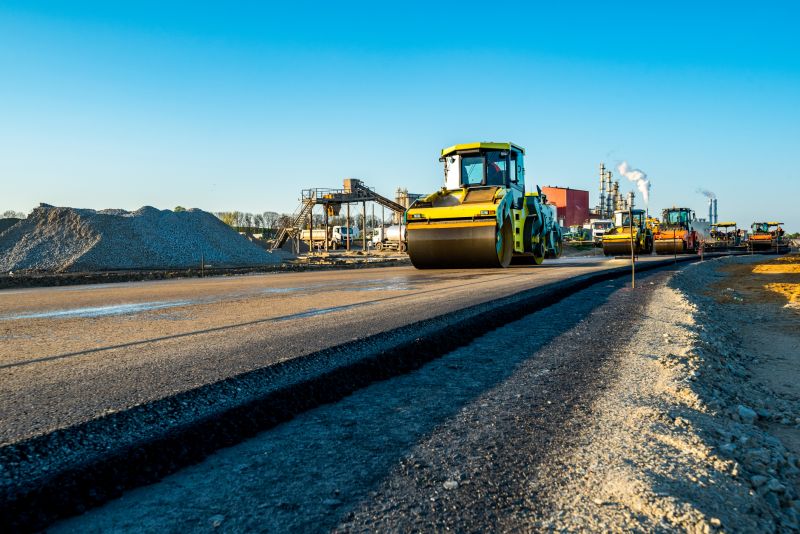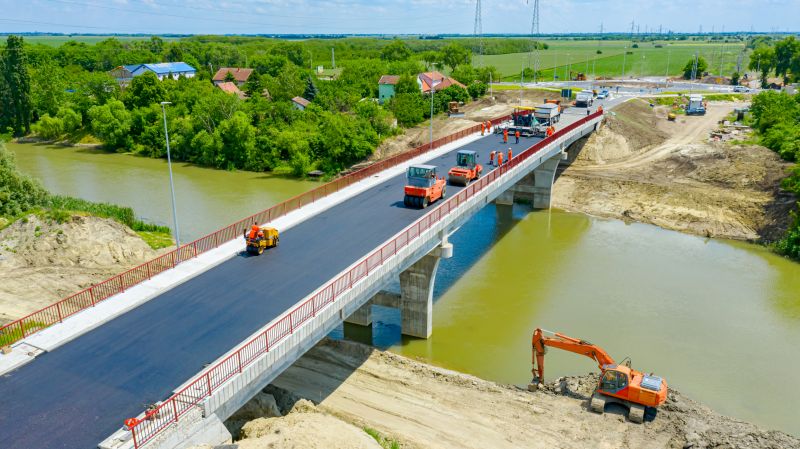Highway Paving
Get help with your highway paving needs. Fill out the form above and we will connect you with local pros in your area. Highway paving provides numerous advantages for road infrastructure. With highway paving, roads are constructed and resurfaced using durable materials and advanced techniques, resulting in enhanced safety, improved traffic flow, and increased longevity. The process involves the meticulous planning, designing, and execution of road construction projects, ensuring that the highways are built to withstand heavy traffic and harsh weather conditions. Highway paving also contributes to a smoother driving experience, reducing vehicle wear and tear and minimizing the risk of accidents. Additionally, it facilitates efficient transportation of goods and services, supporting economic growth and development. By investing in highway paving, communities can enjoy well-maintained and reliable road networks, fostering connectivity and accessibility for all.
Highway paving is a crucial aspect of infrastructure development, involving the construction and maintenance of road surfaces that facilitate safe and efficient transportation. It encompasses the process of laying down durable materials, such as asphalt or concrete, to create smooth and sturdy roadways that can withstand heavy traffic and adverse weather conditions. Highway paving plays a pivotal role in enhancing road safety, reducing traffic congestion, and improving overall transportation efficiency. It requires skilled professionals equipped with specialized equipment and expertise in various paving techniques, including resurfacing, patching, and striping. Effective highway paving ensures the longevity and functionality of roads, contributing to the seamless movement of vehicles and promoting economic growth.
Highway paving is a crucial aspect of infrastructure development, involving the construction and maintenance of road surfaces that facilitate safe and efficient transportation. It encompasses the process of laying down durable materials, such as asphalt or concrete, to create smooth and sturdy roadways that can withstand heavy traffic and adverse weather conditions. Highway paving plays a pivotal role in enhancing road safety, reducing traffic congestion, and improving overall transportation efficiency. It requires skilled professionals equipped with specialized equipment and expertise in various paving techniques, including resurfacing, patching, and striping. Effective highway paving ensures the longevity and functionality of roads, contributing to the seamless movement of vehicles and promoting economic growth.

